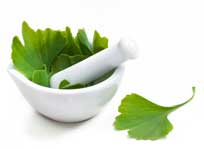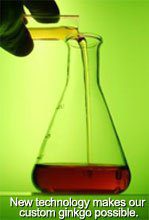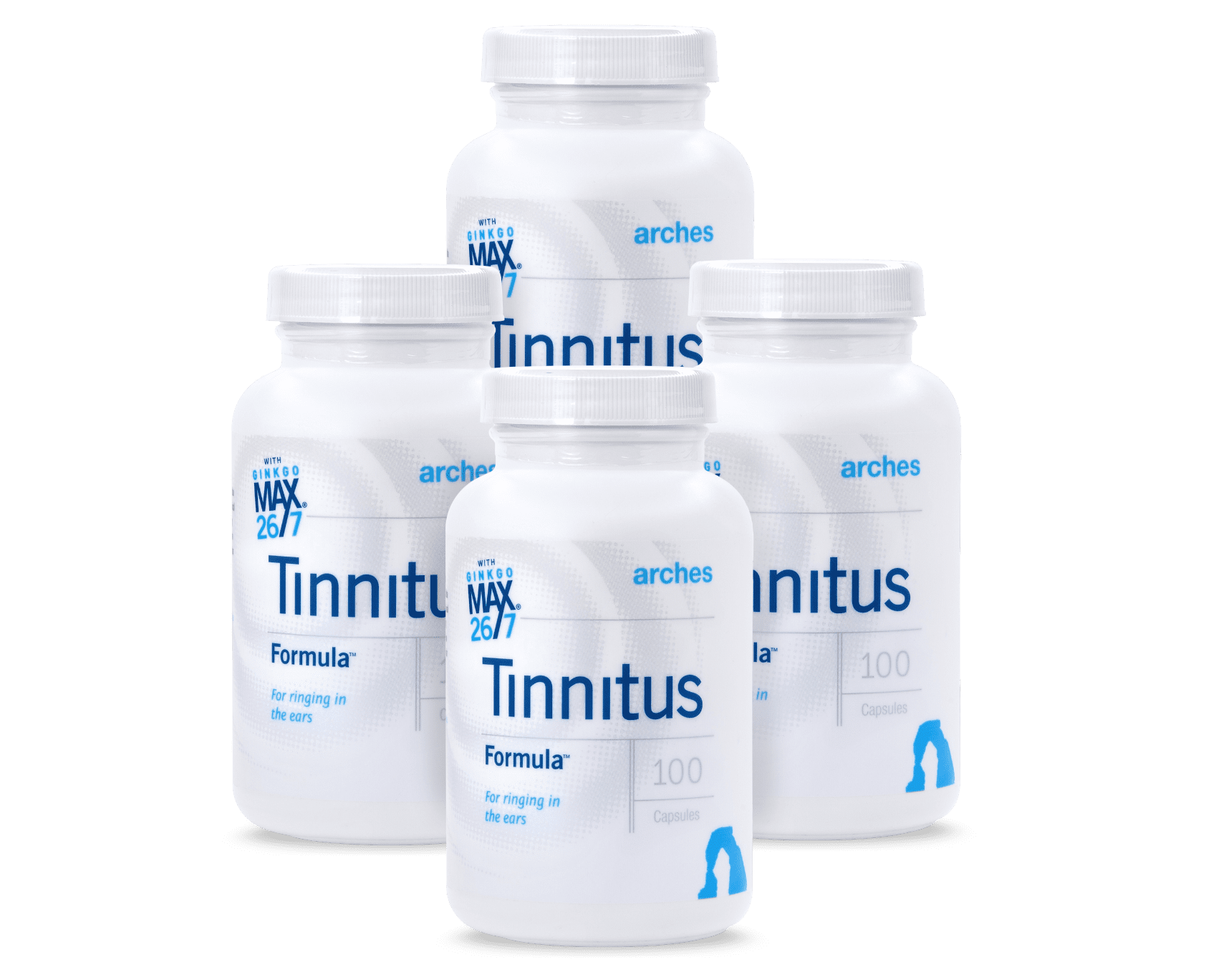By Barry Keate
Barry Keate, has lived with tinnitus over 40 years and has published 150+ research articles on numerous aspects of tinnitus. He is an expert on the condition and a well-known advocate for those with tinnitus.
Ginkgo biloba is the most extensively studied herb in the world. It is one of the most beneficial supplements known to humankind for general health, longevity and mental well-being, including relief from tinnitus. It is the leading prescription medication in both Germany and France, with over 5 million prescriptions per year being written.1
humankind for general health, longevity and mental well-being, including relief from tinnitus. It is the leading prescription medication in both Germany and France, with over 5 million prescriptions per year being written.1
However, there has been a cloud of suspicion in the US over the possibility that Ginkgo biloba extract (GBE) may cause increased bleeding. One doctor even wrote a paper, based on a single anecdotal event with no clinical relevance, and suggested that people assume a “Worst case scenario” and avoid Ginkgo biloba entirely.2 This paper was distributed widely and discouraged many people from using ginkgo.
Now there is overwhelming evidence that Ginkgo biloba does not cause excess bleeding. Two studies have dispelled this myth once and for all and open the door for more fully utilizing this wonderful herb that has been called the “elixir of youth.”3
The possibility that ginkgo can promote bleeding is biologically plausible, since it inhibits a substance in the blood known as platelet-activating factor (PAF), which plays a role in blood clotting. However, many other nutrients and herbs inhibit various components of the blood-clotting system without actually increasing the risk of bleeding. Because millions of people take ginkgo and because spontaneous bleeding does occur occasionally for no apparent reason, it is possible that case reports linking ginkgo and bleeding are simply coincidental.
A study conducted in 2003 in Clinical & Laboratory Hematology showed that there was no change in platelet function or coagulation from using ginkgo.4 The authors summarized, “…A prospective, double-blind, randomized, placebo-controlled study was carried out on 32 young male healthy volunteers to evaluate the effects of three doses of Ginkgo biloba extract (120, 240 and 480 mg/day for 14 days) on hemostasis (causes bleeding to stop), coagulation and fibrinolysis (prevents blood clots from growing). The study did not reveal any alteration of platelet function or coagulation. This suggests that the reported bleeding effects in patients receiving Ginkgo biloba extract are not related to pharmacological properties of EGb761.”
Editor’s note: EGb 761 is a standardized extract of dried leaves of Ginkgo biloba containing 24% ginkgo-flavonol glycosides, 6% terpene lactones such as ginkgolides A, B, C, J and bilobalide.
This was, however, a small clinical study conducted a number of years ago. Recently, a much larger meta-analysis of 18 randomized controlled studies was conducted in 2011.5 A total of 1,985 adults were enrolled to receive either GBE or placebo. All bleeding parameters were measured, including: blood flow, blood viscosity, ADP-induced platelet aggregation, fibrinogen concentration, partial thromboplastin time (PTT), and prothrombin time (PT).
The study concluded, “…change between treatment and placebo groups did not indicate a higher bleeding risk associated with standardized GBE.”
Important note: It is possible that ginkgo taken in combination with blood-thinning medications such as Coumadin or Plavix can cause a bleeding problem. Some earlier case reports linking ginkgo to bleeding were in people who were also taking blood-thinning drugs. People using these medications should consult their prescribing physician before combining them with Ginkgo biloba.
It is very important to understand that variation in ginkgo quality in retail products is huge. Ginkgo is a fairly expensive herb and is not as well regulated in the US as it is in Europe. The result is a flood of adulterated Ginkgo biloba in the US market.
There is so much adulterated ginkgo on the market that in 2007 Consumer Labs reported that 75% of all ginkgo products it tested had failed due to a lack of required amounts of one or more constituents.
Arches Tinnitus Formula uses a new, customized Ginkgo biloba for tinnitus that provides an excess of the minimum requirements of constituents as outlined by the German Commission E. While most ginkgo products advertise themselves as containing the standardized 24/6 extract, whether they do or not, Arches ginkgo is formulated to meet 26/7, with higher concentrations of the important constituents and bilobalide. Bilobalide is potently therapeutic in cerebrovascular and neurodegenerative disorders such as tinnitus.
Ginkgo is beneficial for a myriad of health concerns. For a detailed discussion of the benefits of ginkgo, please see our article. A partial list of the many health benefits are:
Tinnitus
Vertigo
Atherosclerosis
Depression
Memory
PMS
Menopause
Macular Degeneration
Glaucoma
Claudication
Dementia
Alzheimer’s disease
Multiple Sclerosis
1. Ginkgo Biloba for Antidepressant-Induced Sexual Dysfunction, Alan J. Cohen, MD, University of California at San Francisco. www.mental-health-today.com/rx/ginkgo.htm
2. Ginkgo – a Word of Caution, Stephen M. Nagler, MD. http://home.comcast.net/~nagler/ginkgo.html
3. Christopher Hobbs, “Ginkgo, elixir of youth: modern medicine from an ancient tree.” Botanica Press, 1991.
4. Bald dit Sollier, C., Caplain, H., Drouet, L. (2003) No alteration in platelet function or coagulation induced by EGb761 in a controlled study. Clinical & Laboratory Haematology, 25: 251-253.
5. Kellermann AJ, Kloft C. Is there a risk of bleeding associated with standardized Ginkgo biloba extract therapy? A systematic review and meta-analysis. Pharmacotherapy. 2011 May; 31(5):490-502.
Get Free Shipping!
Order now and get free shipping on either the Tinnitus Starter Kit or Combo Pack. Try the doctor recommended products with clinically proven ingredients for tinnitus. No coupon code required.

